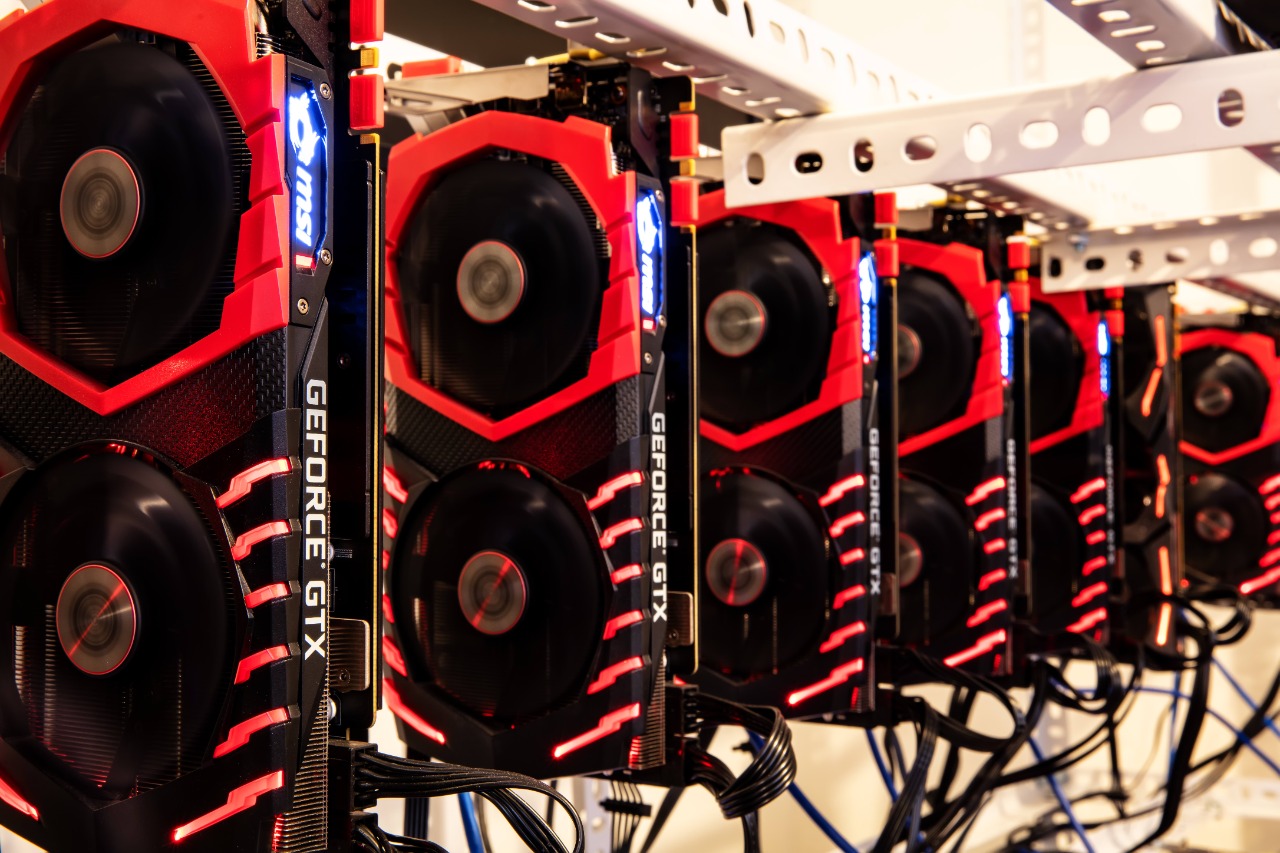
Despite the uncertain situation in Europe, marked by the war in Ukraine, inflation and IT budget adjustments, the Artificial Intelligence market in the area it will continue to grow in the next years. This is the estimate of the consultancy IDC, which has stated that in the period between 2021 and 2026 this sector will record a annual growth rate of 25.5%until reaching 191,000 million dollars in 2026.
Growth will occur both in AI-related software and in the hardware and services that integrate and offer it. Of course, the greatest boost in the sector will be given thanks to software focused on Artificial Intelligence, which will grow by 32.4% annually, followed by services with AI, with a growth rate of 27.2%. With 16.7% and 15.2% annual growth, respectively, the areas of the sector that will grow the least annually until 2026 will be software not focused on Artificial Intelligence, and hardware with AI.
Due to inflation, recession and talent shortages, investments in AI infrastructure will suffer more than general purpose hardware, since AI infrastructure commands a higher price. Of course, according to IDC, the market for storage and servers with Artificial Intelligence in Europe will show a pattern of slow but steady growth during the period analyzed.
The AI services market, meanwhile, has shown great resilience during the pandemic, and IDC expects demand for AI-powered solutions from professional service providers to continue to grow, with areas like AI-powered computer vision analytics , the natural language process or the automation of processes driven by Artificial Intelligence experiencing a strong demand for various reasons. Among them, helping companies combat inflation, staff shortages and the need to remain competitive.
According to Martin Nuska, IDC Senior Research Manager«The next five years will be a crucial period for enterprise adoption of AI software, with many companies and governments investing more to make their processes more agile, efficient, and resilient. Many innovative AI models, such as deep learning-based language models, generative adversarial networks, or the various existing digital twin models have the potential to drive significant business value.«.
Nuska also recalled that «Europe is facing a potential recession, while the labor market is marked by contradictory forces. On the one hand, a shortage of skilled workers in certain technological areas. On the other, the biggest tech companies like Amazon, Google and Microsoft are laying off tens of thousands of workers. We expect the AI market to continue to perform strongly despite all this, given the technology’s potential for long-term cost optimization, and as a possible solution to the skills gap.«.



